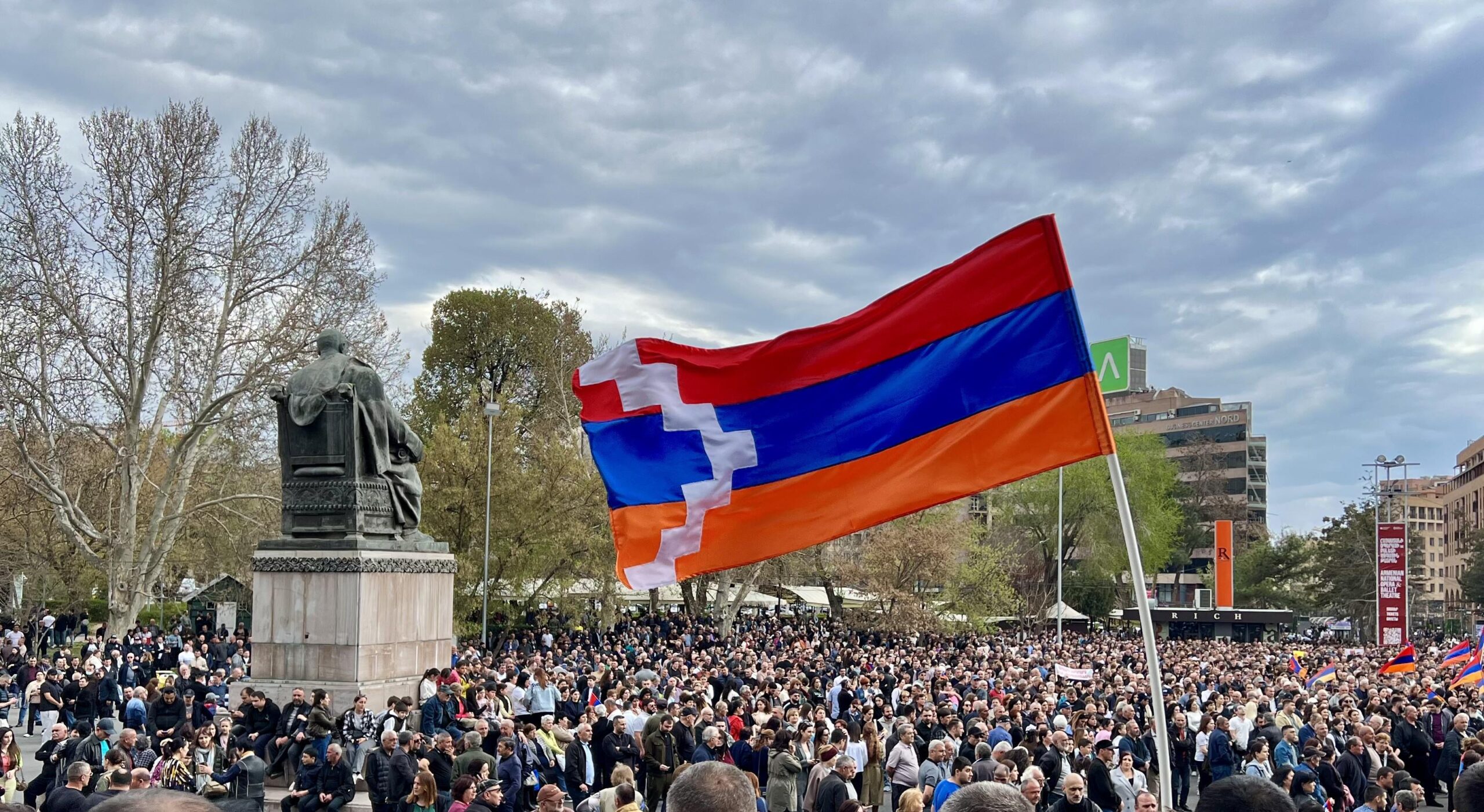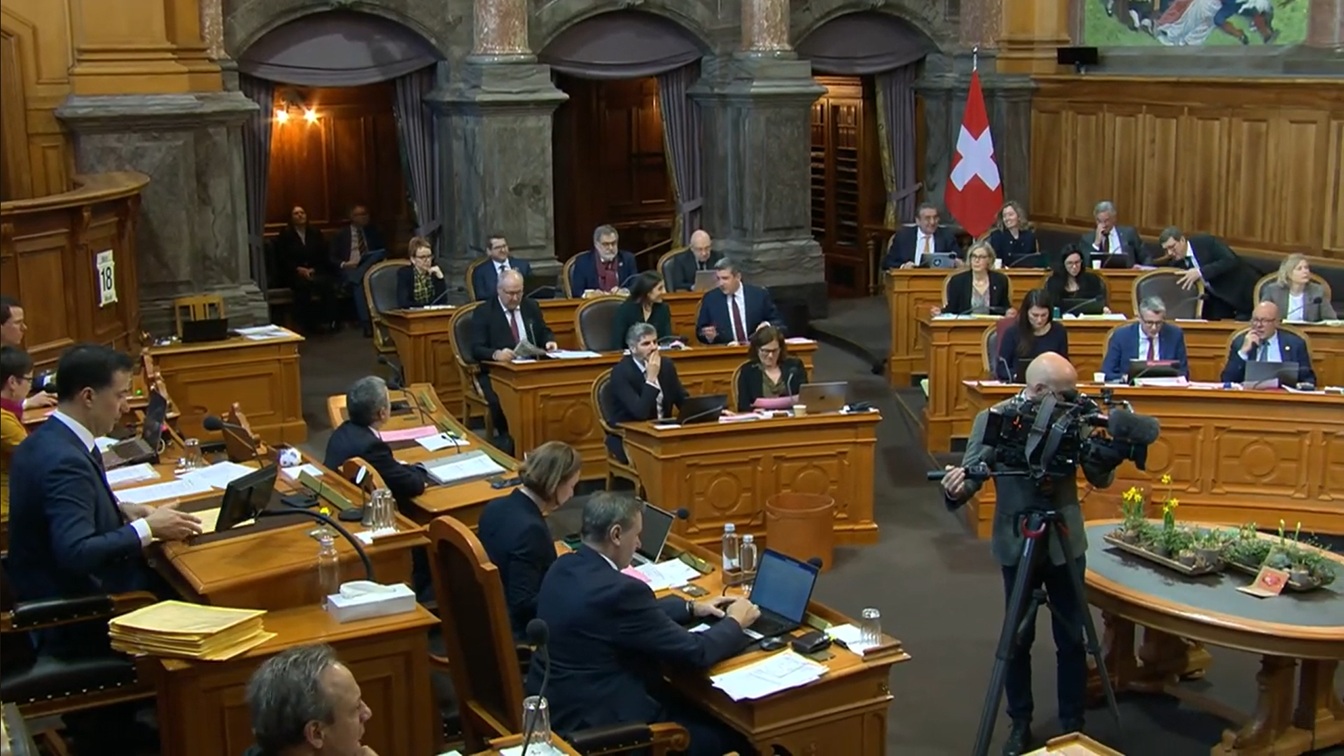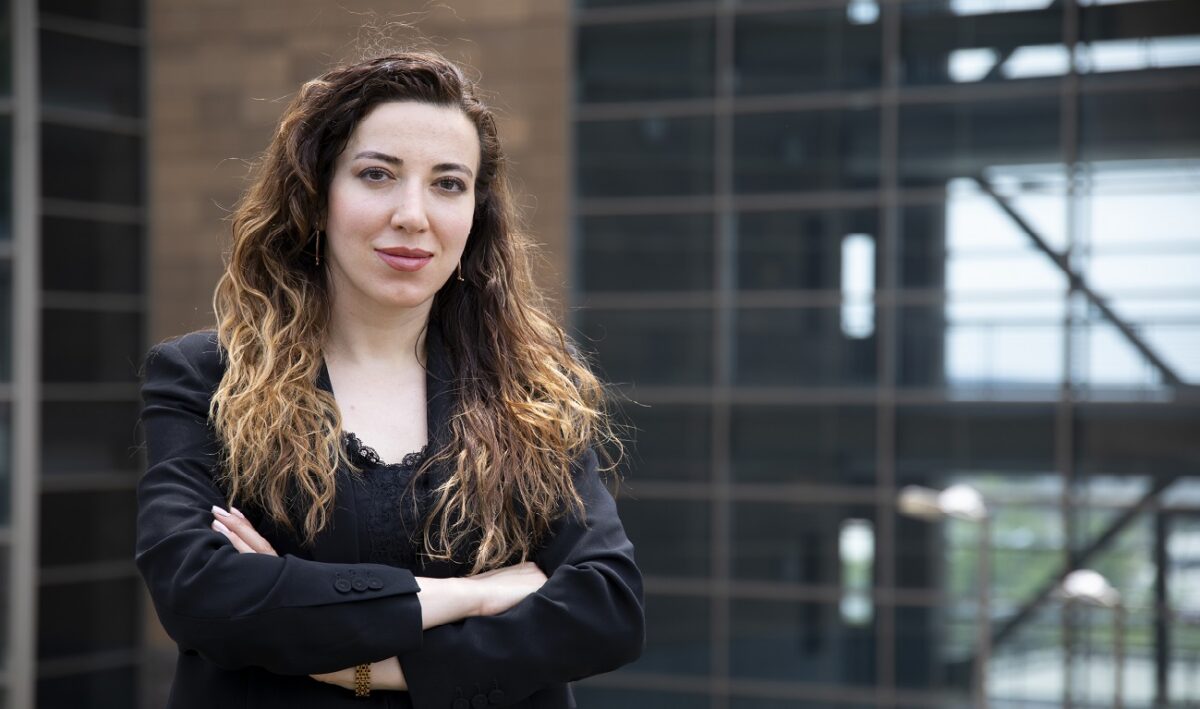International law expert and legal representative of Armenian POWs at the European Court of Human Rights, Siranush Sahakyan, responds to questions from “Medialab.”
– Ms. Sahakyan, there are reports that Azerbaijan has started preparatory work to nationalize the property of Artsakh Armenians. The authorities have also begun to claim that 80% of that property allegedly has no owner. Are you aware of this information, and what does this process imply?
– Based on the analysis of Azerbaijani media, we conclude that such a process is indeed set to begin; they are considering it and are planning the sequence of steps. In reality, time is of the essence to either prevent future legal proceedings or to organize a legal defense against them.
Under international law, an individual’s property rights are protected. Article 1 of Protocol No. 1 to the European Convention on Human Rights protects a person’s possessions, and the concept of “property” is interpreted broadly. Even legitimate expectations related to property rights fall under this definition, meaning the rights of de facto owners can also be protected, even in the absence of formal legal documentation or official recognition of ownership.
In my assessment, Azerbaijan clearly aims to nationalize the property and then redistribute it among Azerbaijanis. They are merely trying to organize the process in a way that will later reduce the number of legal rulings against them or diminish the impact of such rulings.
This approach strongly aligns with Turkish policy both during and after the Armenian Genocide, when Armenians were stripped of their property, subsequently exterminated, and their assets were used to pay off state debts. This method has been applied in other places as well—for example, in Cyprus, where local residents’ properties were also nationalized and redistributed among Turks.
– What actions are necessary to prevent this and ensure that the Armenians of Artsakh can claim their rights?
– The Armenians of Artsakh, having been born and lived their lives in Artsakh—regardless of the region’s recognition status—hold property rights that are protected under international law. If they have maintained control over their property for a prolonged period or have documentation from Artsakh authorities confirming property registration, they have the legal authority to access, possess, and manage that property. Any continued restriction on these rights constitutes a violation.
It’s important to note that the violation of property rights is considered ongoing—it doesn’t end until the person has had the opportunity to freely access their property and exercise their ownership rights.
To try and formally end this continuity, Azerbaijan will likely attempt—at the legislative level—to terminate or deny property rights on the grounds that these properties are not recorded in Soviet Azerbaijani archives, and that the registries of the Republic of Artsakh, as a non-recognized state, have no legal force. Therefore, Azerbaijan may claim that these documents cannot provide legal protection for property.
However, this approach is not acceptable in international courts. Therefore, the Armenians of Artsakh must remain consistent and determined in filing property claims.
Armenia’s fourth interstate complaint, and possibly also the first one, includes issues related to property rights, and the violations of all Armenians who owned property in Artsakh are addressed in those cases. Under these circumstances, it may not be ideal for individuals to file separate complaints, but if the interstate complaints are ever dropped or rejected, then it becomes imperative for individuals to pursue protection of their property rights independently.
In such cases, we strongly encourage people to be persistent and file individual lawsuits regarding the violation of their property rights against Azerbaijan. The European Court of Human Rights (ECHR) is the most appropriate international body to handle such cases.
– So, if Armenia withdraws from international lawsuits, which the authorities do not rule out, and people are not proactive either, does that mean the Armenians of Artsakh will face the threat of losing their property?
– Yes, I believe they will definitely lose their property and also be deprived of the possibility of legal protection. Legal protection is subject to time limitations—most notably a four-month deadline. In cases of continuous violations, longer timeframes may apply, but if Armenia withdraws from the interstate complaint, then I believe the four-month clock should start from the moment of that withdrawal. If this period is missed, the complaint could face serious risks of being declared inadmissible by the court due to missed deadlines.
The only legal avenue to challenge the legality of this privatization or nationalization process is to file complaints with the European Court of Human Rights, specifically concerning the right to property.
– Ms. Sahakyan, are there precedents where people in similar situations have succeeded in restoring their property rights through state-level or individual legal actions?
– Yes, there are examples of both. The case of Cyprus v. Turkey led to substantial compensation payments by Turkey to Cyprus. There are also individual applicants, such as in Cypraniou v. Turkey, where compensation was granted for property loss.
In Armenian-Azerbaijani relations, there are completed cases as well—for example, Sargsyan v. Azerbaijan, where individuals displaced from Shahumyan pursued protection of their property rights. The Court awarded compensation for material and moral damages and also obligated Azerbaijan to remedy the situation, meaning it was required to create a mechanism to allow displaced Armenians to return and access their property rights.
This process is currently under the supervision of the [Council of Europe] Committee of Ministers. Of course, Azerbaijan is delaying the process and turning it into a political and diplomatic issue, but the key takeaway is this: from a legal standpoint, the mechanism exists, it has already been used effectively, and what remains is to push for full implementation of these rulings.
New victims must raise the issue of Azerbaijan’s responsibility for violating property rights by following these same legal approaches.
Kristine Aghabekyan




